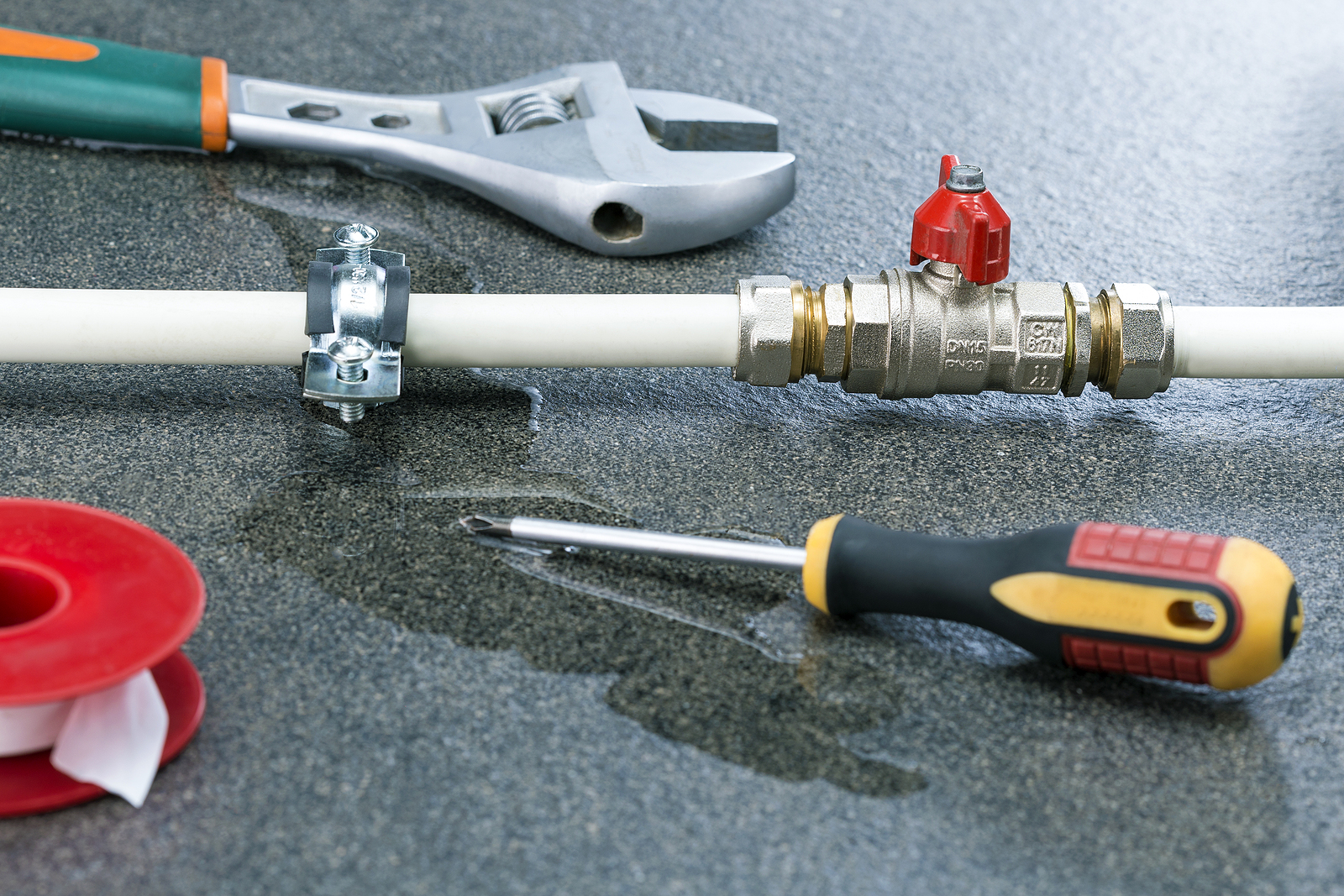Just how to Examine If Your Residence Has a Surprise Leakage
Just how to Examine If Your Residence Has a Surprise Leakage
Blog Article
Are you currently trying to locate info about Finding hidden leaks?

Early discovery of leaking water lines can mitigate a possible disaster. Some tiny water leakages might not be visible.
1. Check Out the Water Meter
Every residence has a water meter. Inspecting it is a surefire manner in which aids you find leakages. For starters, shut off all the water sources. Guarantee no person will certainly flush, utilize the faucet, shower, run the washing equipment or dishwasher. From there, go to the meter and watch if it will transform. Considering that nobody is utilizing it, there must be no movements. If it moves, that shows a fast-moving leak. Likewise, if you detect no changes, wait a hr or two and also examine back once again. This means you might have a sluggish leakage that can even be below ground.
2. Inspect Water Intake
Evaluate your water costs and track your water usage. As the one paying it, you need to notice if there are any disparities. If you spot sudden changes, despite your usage coinciding, it means that you have leaks in your plumbing system. Bear in mind, your water costs ought to drop under the same variety on a monthly basis. A sudden spike in your bill shows a fast-moving leakage.
At the same time, a stable boost each month, despite having the same habits, shows you have a slow leak that's also slowly escalating. Call a plumber to completely inspect your residential property, specifically if you feel a warm location on your flooring with piping beneath.
3. Do a Food Coloring Test
When it concerns water intake, 30% comes from bathrooms. Examination to see if they are running properly. Decline flecks of food color in the tank and also wait 10 mins. If the color in some way infiltrates your dish during that time without flushing, there's a leakage in between the storage tank and dish.
4. Asses Exterior Lines
Do not fail to remember to check your outside water lines too. Examination spigots by attaching a yard hose pipe. Needs to water leak out of the link, you have a loose rubber gasket. Change this and make sure all connections are limited. It will aid get it properly analyzed and also maintained every year if you've got a lawn sprinkler system. One tiny leak can lose lots of water and surge your water costs.
5. Evaluate and Examine the Scenario
House owners need to make it a habit to inspect under the sink counters and also also inside closets for any bad odor or mold growth. These two red flags indicate a leak so prompt attention is required. Doing regular evaluations, also bi-annually, can save you from a major problem.
Examine for stainings and deteriorating as many pipes and also home appliances have a life expectancy. If you presume leaking water lines in your plumbing system, do not wait for it to intensify.
Early discovery of leaking water lines can mitigate a prospective disaster. Some little water leaks might not be visible. Examining it is a proven method that helps you find leaks. One small leak can squander tons of water and also spike your water expense.
If you suspect dripping water lines in your plumbing system, don't wait for it to rise.
5 Signs that Your Home Has a Hidden Leak
Your water bill is unusually high without explanation
Generally, your water bill tends to stay consistent throughout the year as long as the same number of people live in your household year round. The bill might be higher during certain times of the year, such as summer, when your lawn may require more watering than it does in cooler months. However, if you notice a rise in your water bill that you can’t explain, it’s an indicator that there’s a hidden leak somewhere in your home.
You hear running water
One of the biggest signs that you have a water leak is the sound of rushing water when no plumbing fixtures are on and when no water-using appliances are running. If you hear running water in your walls when no water is being used anywhere in your home, locate your home’s main water shut-off valve, shut off your water supply, and contact a plumber at once.
Your home smells musty
Hidden leaks often occur in dark spaces, such as behind walls or under carpeting. Incidentally, darkness and moisture can create an ideal breeding environment for mold or mildew. If you start to smell mildew or the scent of rotting wood or stagnant water around your home, it’s a fair bet that a leak is the culprit.
You find wet spots around your home
The wet spots usually show up as moist areas in your carpeting. If your home has a basement level, puddles on the floor could indicate a slab leak. Outside, unexplainable puddles or lush, green patches in your yard often mean that there’s a leak in your sewer line or main water line.
You have stains, bubbles, or condensation on your walls/ceiling
Stains or condensation on your walls or ceiling are both major signs of a hidden leak. Also, drywall (AKA. sheetrock) is very absorbent, and as it takes on more water from a leak behind a wall, it will start to bubble, swell, or warp. If you see this happening in your home, don’t wait to contact a plumber before the water damage spreads.
https://www.ezflowplumbingaz.com/blog/2019/june/5-signs-that-your-home-has-a-hidden-leak/

We were shown that report about Leaking water lines from an acquaintance on our other web property. Sharing is good. Helping people is fun. I enjoy reading our article about Locating water leaks.
Report this page